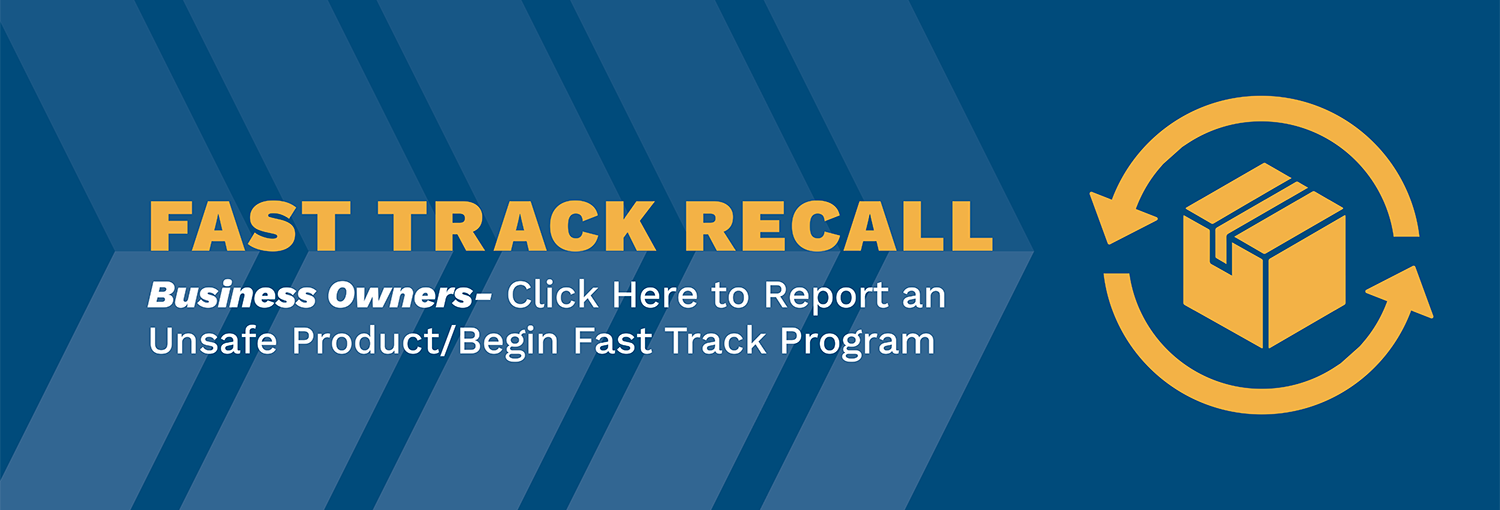If I suspect a product I manufactured, imported, distributed, offered to sell, or sold might be a hazard, how much time do I have to report this to the CPSC?
A company must report to the Commission within 24 hours of obtaining reportable information. The Commission encourages companies to report potential substantial product hazards even while their own investigations are continuing. However, if a company is truly uncertain whether information is reportable, the firm may spend a reasonable time investigating the matter.
If a company has actual knowledge that the Commission has been adequately informed of the defect or failure to comply by another responsible party, the company need not submit a report to the Commission. Documentation demonstrating that another party has already reported to CPSC is recommended. Firms may determine this as part of their investigation by contacting other companies in the product’s supply chain. CPSC is generally restricted from sharing this type of information with companies due to confidentiality requirements. If a firm is unsure whether CPSC has been adequately informed of a defect or risk or failure to comply with a consumer product safety rule, the firm must report that information to CPSC.
The company’s investigation to determine whether to report to the CPSC should not exceed 10 working days, unless the firm can demonstrate that a longer time is reasonable under the circumstances. Absent such circumstances, the Commission will presume that, at the end of 10 working days, the company has received and considered all information that would have been available to it had it undertaken a reasonable, expeditious, and diligent investigation.
What if I receive information that reasonably suggests my product could create a safety or health hazard but no reports have been received alleging that actual harm or injury has been suffered?
You must immediately report the information about the product. The law does not require injury or harm to have occurred.
Does filing a report with the CPSC mean that the CPSC is definitely going to recall my product?
No. Reporting a product to the Commission under Section 15 of the CPSA does not mean that the Commission will conclude automatically that a corrective action is necessary.
CPSC staff will evaluate the report and work with the reporting firm to determine if corrective action is appropriate. Many of the reports CPSC receives require no corrective action because CPSC staff concludes that the reported product daefect does not create a substantial product hazard. In the case of reporting a non-compliance with CPSC safety requirements, there are other options that CPSC staff may consider short of a recall, for example, correcting a non-compliant label in future production.
How do I know if CPSC is already aware of a possible health or safety risk with a product?
Confidentiality requirements generally restrict CPSC from publishing lists of product reports received from manufacturers, importers, distributors, or retailers, or from disclosing matters in active investigation.
Does the Commission treat the information reported as confidential?
Yes. Under Section 6(b)(5) of the CPSA the Commission and its employees may not publicly disclose information reported under Section 15, unless the Commission has:
- Filed a legal complaint alleging that a product presents a substantial product hazard;
- Has entered into a remedial settlement agreement dealing with a product;
- Has published a public health or safety finding; or
- The manufacturer consents to its disclosure. (Also see 16 CFR 1015.18.)
Section 6(b)(5) of the CPSA also applies to any information reported under Section 102 of the Child Safety Protection Act.(See 16 CFR 1117.7.) In addition to the protections of Section 6(b)(5), additional information disclosure protections are provided under Sections 6(a) and (b)(1) of the CPSA.
Section 37 of the CPSA requires manufacturers of consumer products to report information about settled or adjudicated lawsuits. Under Section 6(e) of the CPSA , the Commission and its employees may not publicly disclose information reported under Section 37 of the CPSA, except that such information may be furnished to the reporting manufacturer or Congress, under certain circumstances. By law, reporting under Section 37 is not an admission of the existence of an unreasonable risk of injury, a defect, a substantial product hazard, an imminent hazard, or any other liability under any statute or common law. Information provided voluntarily that is in addition to information required to be reported under Section 37, is governed by the confidentiality provisions of Section 15 reports.

